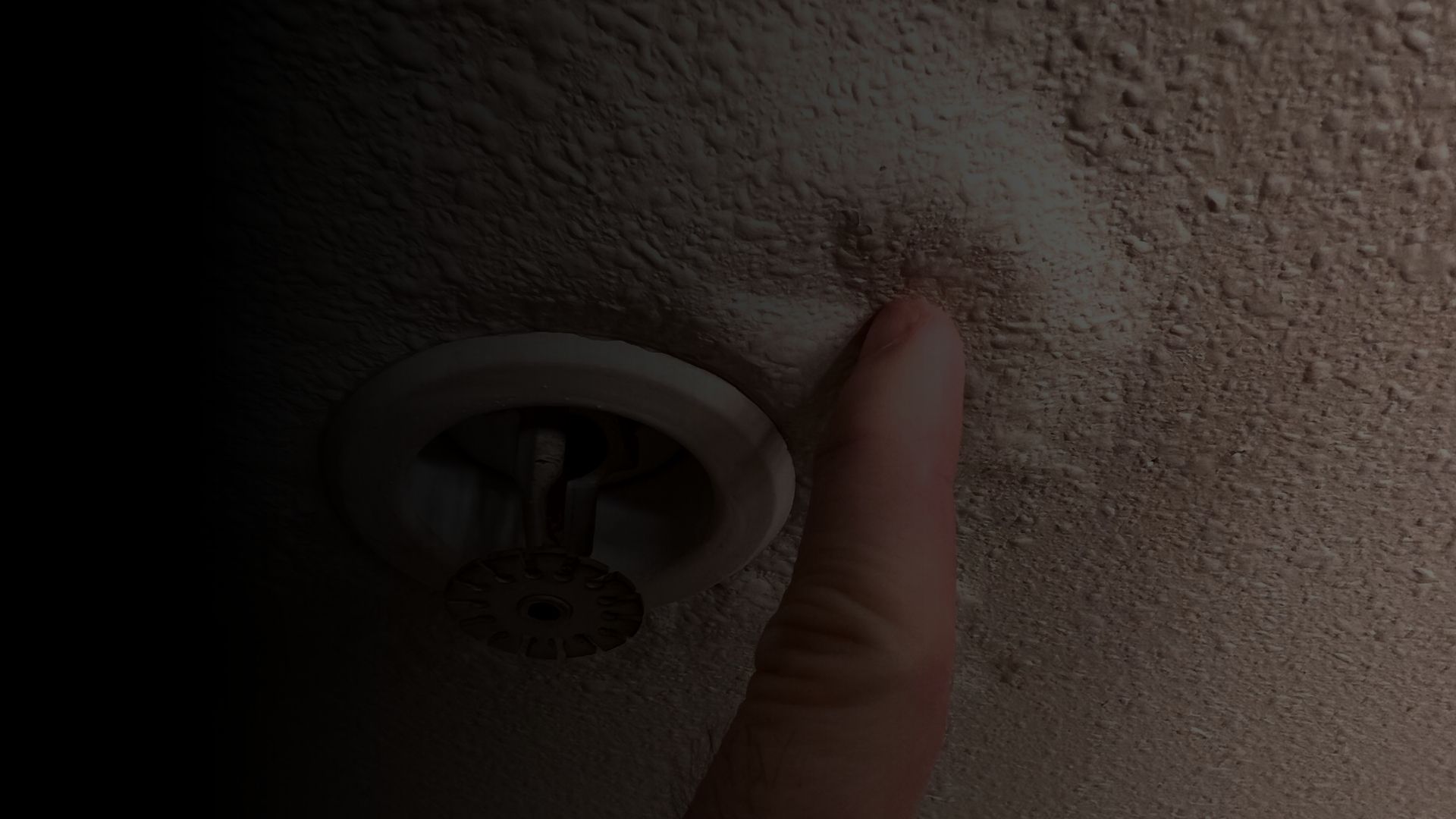FAQs about Hardwood Floor Drying in New Boston NH
What should I do immediately after water damage to my hardwood floors?
If you experience water damage to your hardwood floors, the first step is to stop the source of the water. If it's a leak or flooding, ensure that you address it immediately. Next, remove any standing water if possible using brooms, mops, or a wet/dry vacuum. It's crucial to act quickly to minimize damage. After that, contact a professional hardwood floor drying service to assess and restore your floors effectively.
How long does it take for hardwood floors to dry after water damage?
The drying time for hardwood floors can vary significantly based on the extent of the water damage, the type of wood, and the drying methods employed. Generally, hardwood floors can take anywhere from 24 hours to several days to dry completely. Professional restoration services have specialized equipment to expedite the drying process, improving the outcome and preventing mold growth.
Can water-damaged hardwood floors be repaired?
Yes, water-damaged hardwood floors can often be repaired. The extent of the damage will dictate the methods used. In many cases, if the boards are warped or cupped, they can be sanded down and refinished after drying. In severe cases, the damaged sections may need to be replaced. A professional service can evaluate the condition of your floors and recommend the best course of action.
What equipment do you use for drying hardwood floors?
We use professional-grade equipment such as high-velocity air movers, dehumidifiers, and moisture meters to ensure thorough drying. These tools help remove moisture from the air and the wood. By controlling humidity levels and using appropriate drying techniques, we can effectively restore your hardwood floors to their original condition.
Is hardwood floor drying covered by insurance?
Many homeowners' insurance policies cover water damage restoration, including hardwood floor drying services. However, coverage may vary based on the specifics of your policy and the cause of the water damage. It's best to consult directly with your insurance provider to understand your coverage options.

